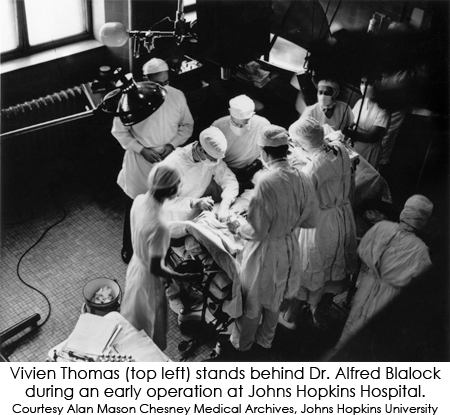- Joined
- May 24, 2003
- Messages
- 1,647
- Reaction score
- 19
wow. No offense but this is one of the dumbest things I have ever read. Med students do not function at the level of a DNP or PA. NPs and PAs can essentially do a lot of things on their own. I'd say midlevels who've been doing their job for several years function at the level of a 3rd year resident in IM for example. You will see this after you start residency - and students will hate you very much if you start treating them like a NP or PA or expect them to act like one (a knowledge of pathology does not mean you can independently treat a patient lol). Oh and your idea about having a student function at the LNP and then RN level?? Let me fill you in on something - LNP are just there to help the RN. RN training is very different and their role is very different than a med student or MD or midlevel. Residents can barely do half the things a RN does. Again you will see in the coming months. I'm not saying an RN is smarter but simply has a different training and role than a resident/MD.
you simply have no idea what you're talking about. Attendings will laugh so hard they won't be able to tell you to leave the room.
Still can't believe how dumb that is.
oh one more thing... midlevels are there because they make doctors more money. Most get paid a fairly low salary but the amount they make the physician more than justifies their presence. Gosh you are so dumb... no offense.
finally you can discuss with attendings all you want but your idea will never ever happen. I wouldn't waste your time.
Yes I agree with you docshop:
A gastoenterologist was telling me that the only doctors who will survive the current healthcare quagmire .. Will be those who efficiently utilize P.A.s and N.P.s End of story.
Addendum: My answer to the O.P.s original question is: none..
Also from what I understand P.A. is a physician dependent position. So they are the least likely threat to the doc!
Last edited:






 Oh dear G-d. Sometimes I forget that the average age in this forum seems to be right around 23.
Oh dear G-d. Sometimes I forget that the average age in this forum seems to be right around 23.